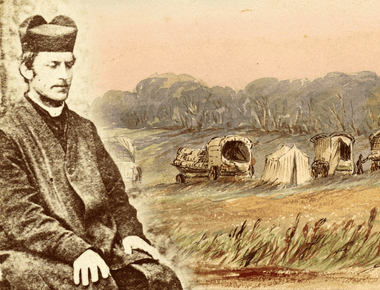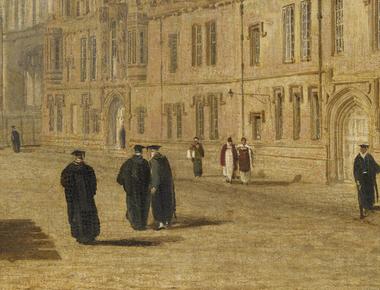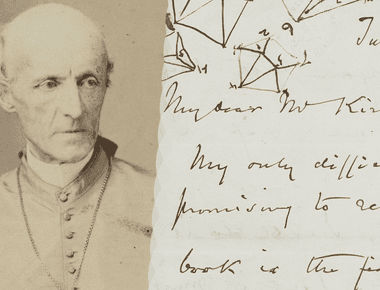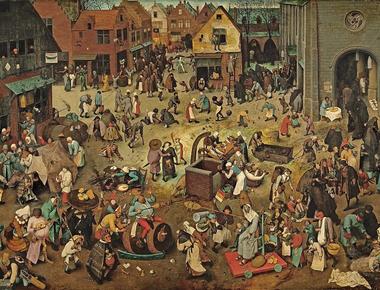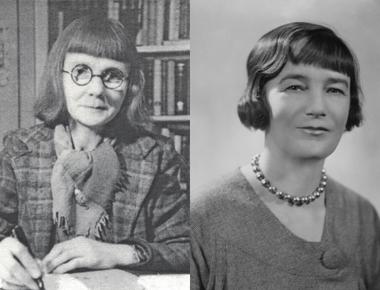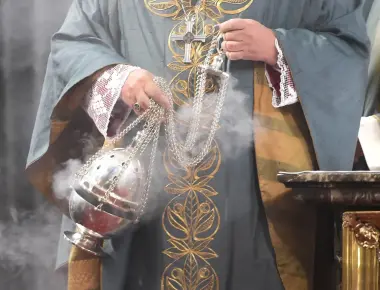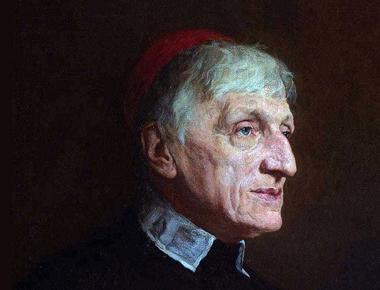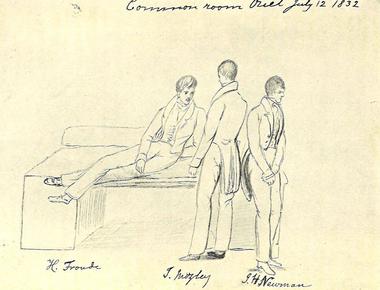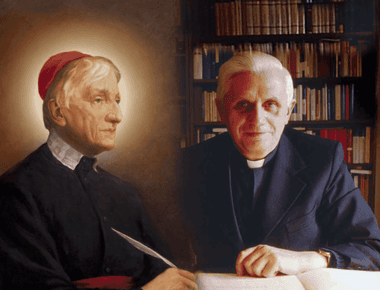Compared to my usual diet of scholarly articles and books, Newman’s writings stood out for what appeared to me as their meandering character. Unlike most contemporary works, Newman does not state upfront what he is going to say and then take the reader through the motions of a demonstration delivered blow by blow. He begins, instead, with a puzzle, or a question, that he brings before his audience; he unfolds his thinking slowly, almost searchingly, from his initial questions; he also frequently refrains from tying up his argument, leaving whatever he said simply to “air” with the reader.
